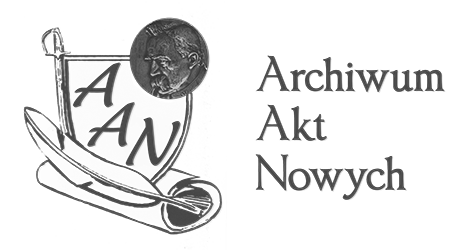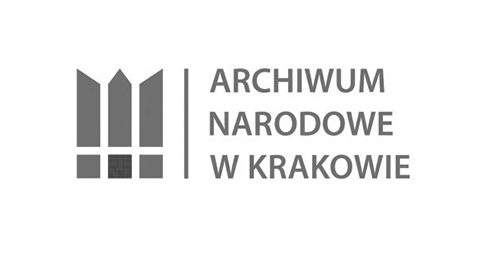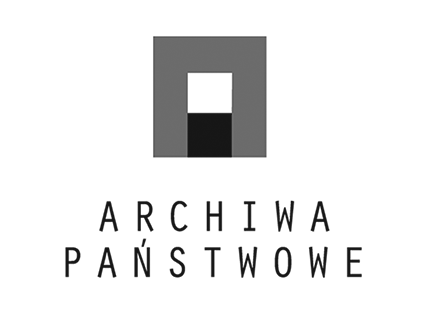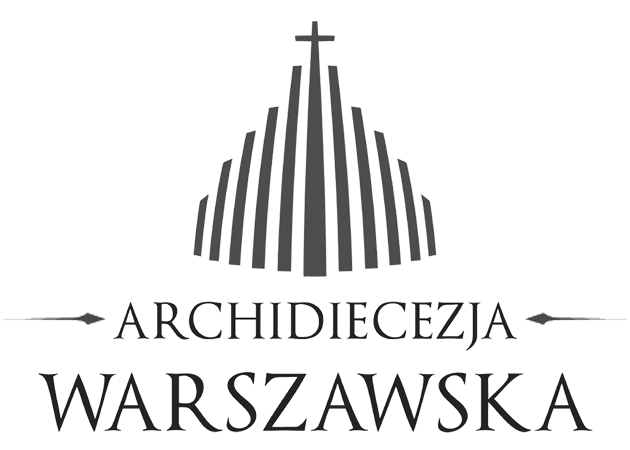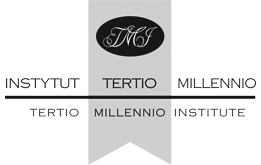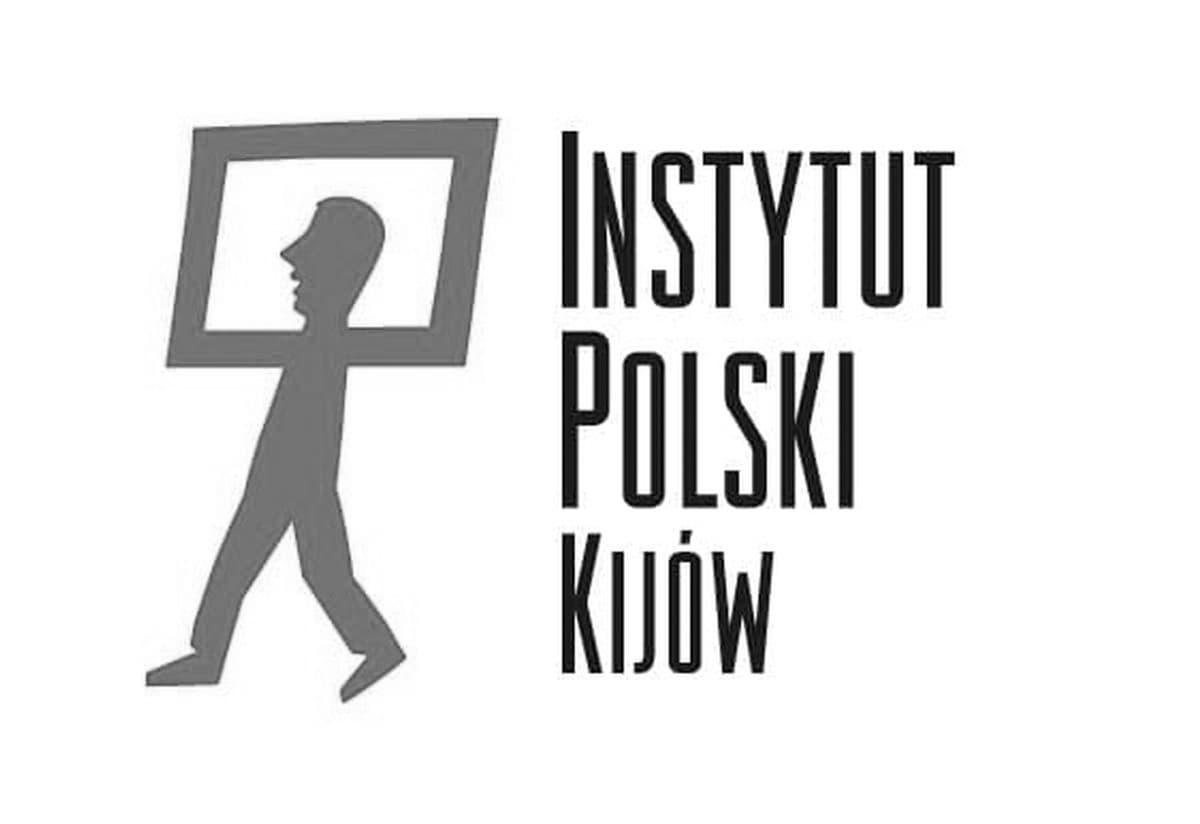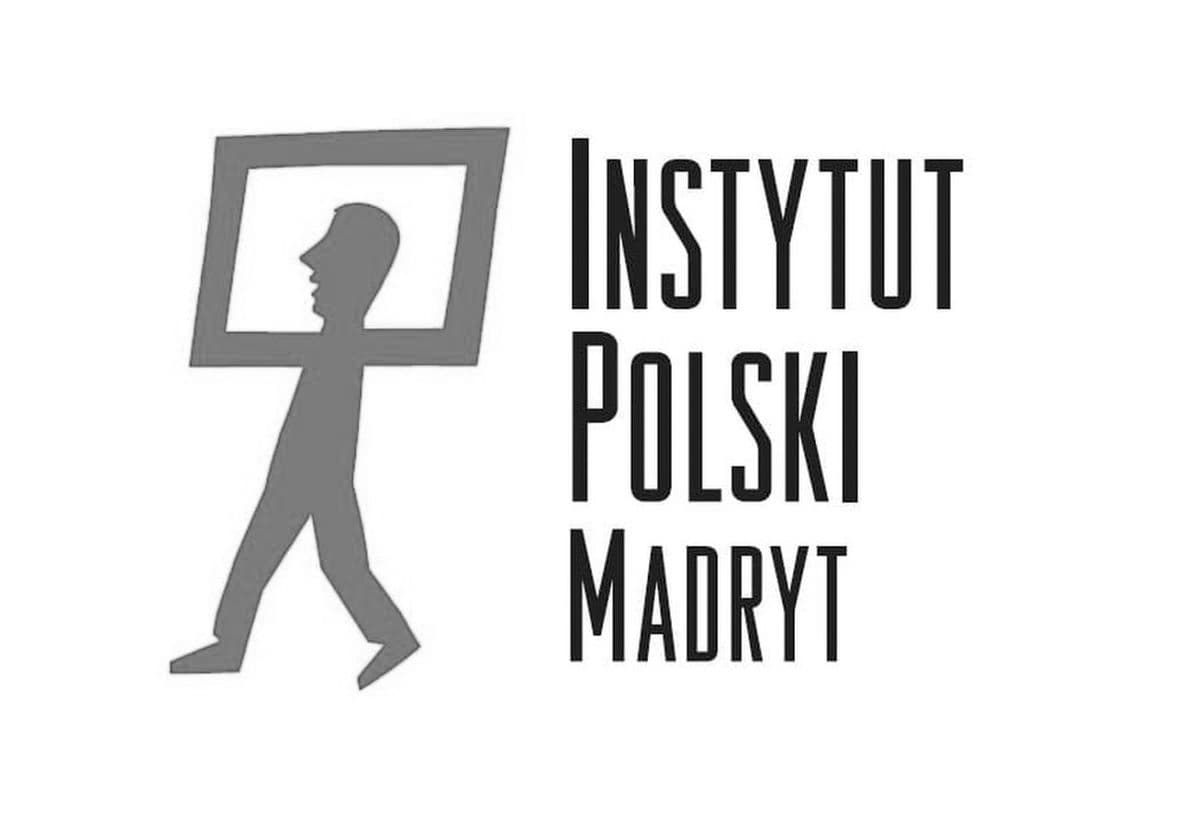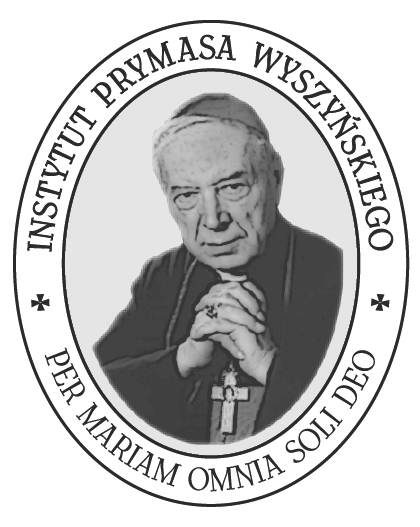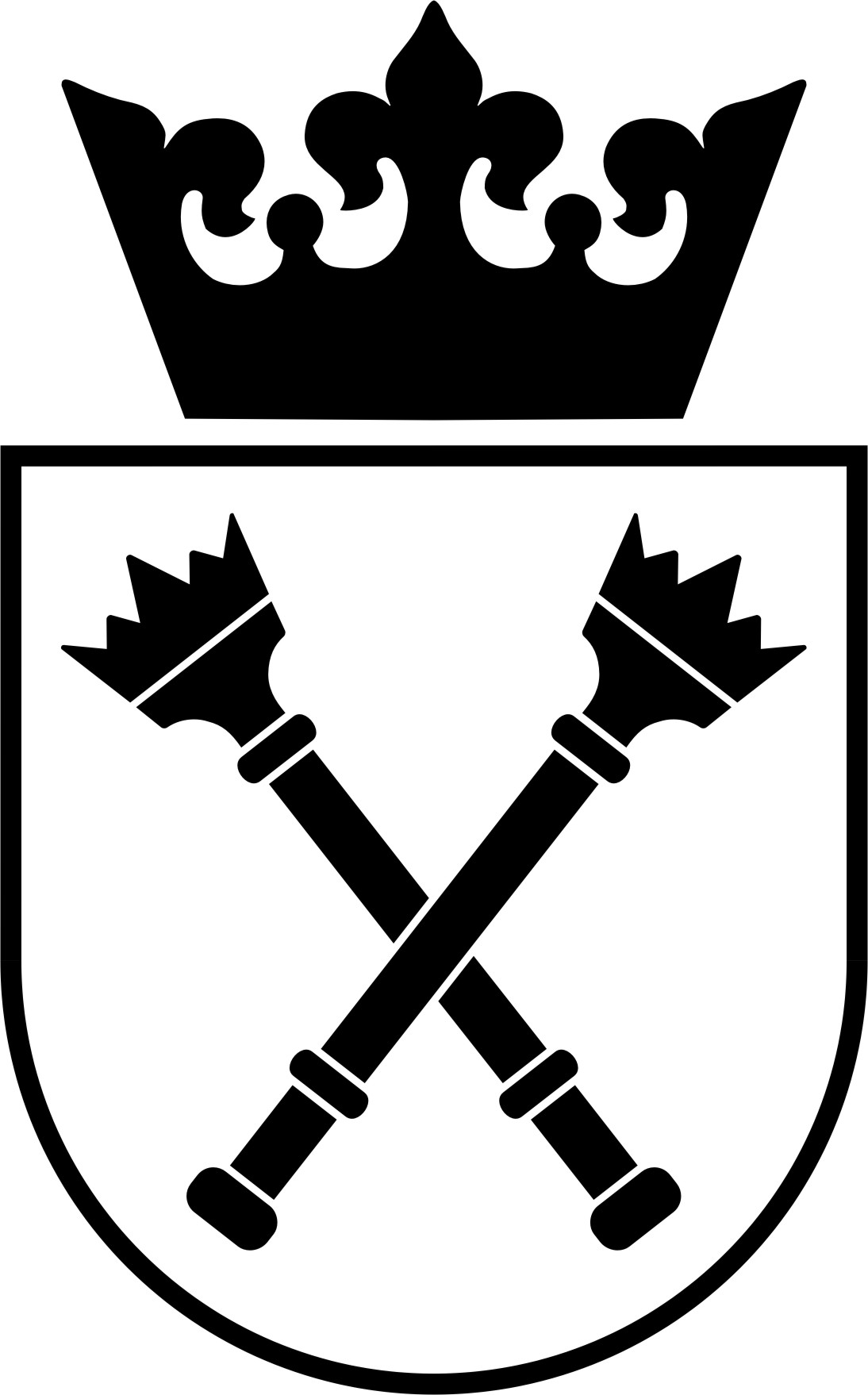History to our homes
Professors Sławomir Ratajski and Piotr Majewski share with you their reflections on the importance of the culture of remembrance in the context of the 100th anniversary of Karol Wojtyła's birthday.
Heritage to future generations
Prof. Sławomir Ratajski PhD - Secretary General, Polish Committee for UNESCO, Polish artist, diplomat, professor, lecturer at the Academy of Fine Arts in Warsaw.
The 100th anniversary of the birth of John Paul II, celebrated in 2020, is a great celebration of global dimension. At the request of the Polish government and with the support of other countries it will be celebrated under the auspices of UNESCO. The mission, which is unique among other UN agencies, to create conditions for building peace through education, science and culture was particularly close to the Polish Pope.
It is all the more important that the heritage of this thought be preserved and made available to future generations. The Centre for Thoughts of John Paul II took on this task by creating the JP2Online portal, which in its modern formula gathers the Pope's message to the world and allows everyone to read out the topicality of his words also proclaimed in the UN and UNESCO forums.
He addressed the spiritual dimension of human existence, present in the activities of UNESCO, at its Paris headquarters on 2 June 1980. Forty years later, the message of that time seems very relevant today. At the time, the Holy Father pointed out "the need for the unity of nations, mutual respect and cooperation" as the basis for building peace and human development. He stressed that man should be understood in his integrity as one who "lives simultaneously in the sphere of material and spiritual values", which he realizes fully thanks to culture. It is thanks to this culture that man is more "present" and finds in it "the right way of existence and being". So strong are his words today, drawing attention to the essence of spiritual culture, but in the aspect of the spiritual-material relationship permeating each other in the spiritual-corporeal subjectivity. Nowadays, as the culture is more and more often replaced by entertainment, as a filler of free time, the words of John Paul II, emphasizing the vocation of man who becomes man, i.e., more "is" and not only "possesses" more in the process of education in a culture which plays a fundamental role in shaping interpersonal and social relations, acquire additional meaning. Here, "to be" is understood more as being with "the other", but also "for the other". The participation of even the best-performing institutions in this process is not enough if the proper upbringing environment is not the family based on the moral authority of the parents, and on their moral culture. In the family a person learns his or her communality, he or she becomes aware of the identity of the local and national community. Saint John Paul II clearly distinguished the sense of one's own national culture from "nationalism". Referring to the concept of one's own identity, the integrated identity of a person, allows us to open the perspective of recognition and acceptance of the identity of another: "in the unity of culture, as the proper way of existence of man, takes both the beginning and the multiplicity of cultures among which man exists. In this multiplicity, man develops without losing essential contact with the unity of culture as the fundamental and essential dimension of his existence and being (...) in the name of the primacy of what is expressed in the culture of man, i. e. human communities, peoples and nations". His words must be remembered: "...preserve that fundamental sovereignty which every nation possesses through its culture (...) do not allow it to become the prey of any political or economic interest (...) to become the victim of all kinds of totalitarianisms, imperialisms or hegemonies, whereby man merely is an object of domination and not a subject of his own human existence". These words are linked to the call for respect for the culture of the 'other', recognition of cultural diversity and the need for intercultural dialogue expressed in a message delivered at the UN headquarters on the 50th anniversary of its creation in 1995. Respect for the human person and his right to his own culture and freedom of expression was underlined as fundamental values in his first address to the UN in 1979. As Head of the Catholic Church, at that time he dedicated them to the analysis of the "Universal Declaration of Human Rights", which, based on respect for the other, continues to be a signpost for all governments, around which they should unite in common action for the good of man and humanity.
Access to sources
Piotr Majewski, PhD, professor of UKSW, historian and museologist, lecturer at the Faculty of Humanities of UKSW, member of the International Council of Museums (ICOM).
History, the science of the past, which by analysing causes and effects reconstructs facts arranged in chronological sequences and their social and cultural context in order to maintain standards of credibility and authenticity, requires the use of sources. Unless it refers to them, it becomes only a noncommittal, free discourse, susceptible to subjectivism and manipulation. Therefore, the sine qua non of creating stories about the past, which by their very nature can be different, just as different are the sensibilities of historians and recipients of their work, are reliable source research and easy access to sources, not only for professionals.
Historical sources are all creations of human activity, ranging from material (e.g. works of art and science, press, photographs, documents of public institutions, tools of technology) to non-material (such as customs, habits of everyday life); this is a universe of experience of our ancestors that cannot be imagined and embraced by one man's efforts.
Nowadays, the key to the historical universe are such projects as the JP2online portal, implemented by the Centre for Thoughts of John Paul II, which aims to provide researchers and all interested parties with knowledge about the life achievements of Karol Wojtyła, later John Paul II, a character without whom it is difficult to understand the history of Poland in the twentieth and twenty-first century, especially in the age of threats of totalitarianism.
Documents, photographs, films, audiovisual recordings available without unnecessary technical barriers will reach our homes at a time when, due to the epidemic, it is difficult to carry out source searches in traditional forms. Hence the great social rank of projects which in modern technological forms bring History to our homes, while maintaining scientific and research reliability.
Historical sources are all creations of human activity, ranging from material (e.g. works of art and science, press, photographs, documents of public institutions, tools of technology) to non-material (such as customs, habits of everyday life); this is a universe of experience of our ancestors that cannot be imagined and embraced by one man's efforts.
Nowadays, the key to the historical universe are such projects as the JP2online portal, implemented by the Centre for Thoughts of John Paul II, which aims to provide researchers and all interested parties with knowledge about the life achievements of Karol Wojtyła, later John Paul II, a character without whom it is difficult to understand the history of Poland in the twentieth and twenty-first century, especially in the age of threats of totalitarianism.
Documents, photographs, films, audiovisual recordings available without unnecessary technical barriers will reach our homes at a time when, due to the epidemic, it is difficult to carry out source searches in traditional forms. Hence the great social rank of projects which in modern technological forms bring History to our homes, while maintaining scientific and research reliability.
Project implemented by: 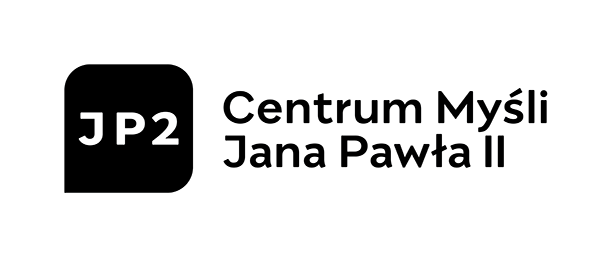

Project co-financed by: 

Patronage: 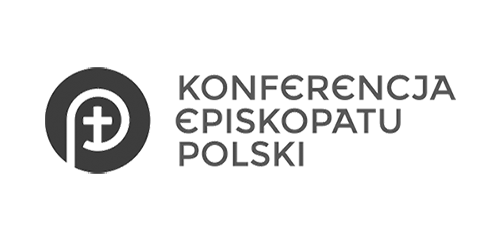

Partners: 